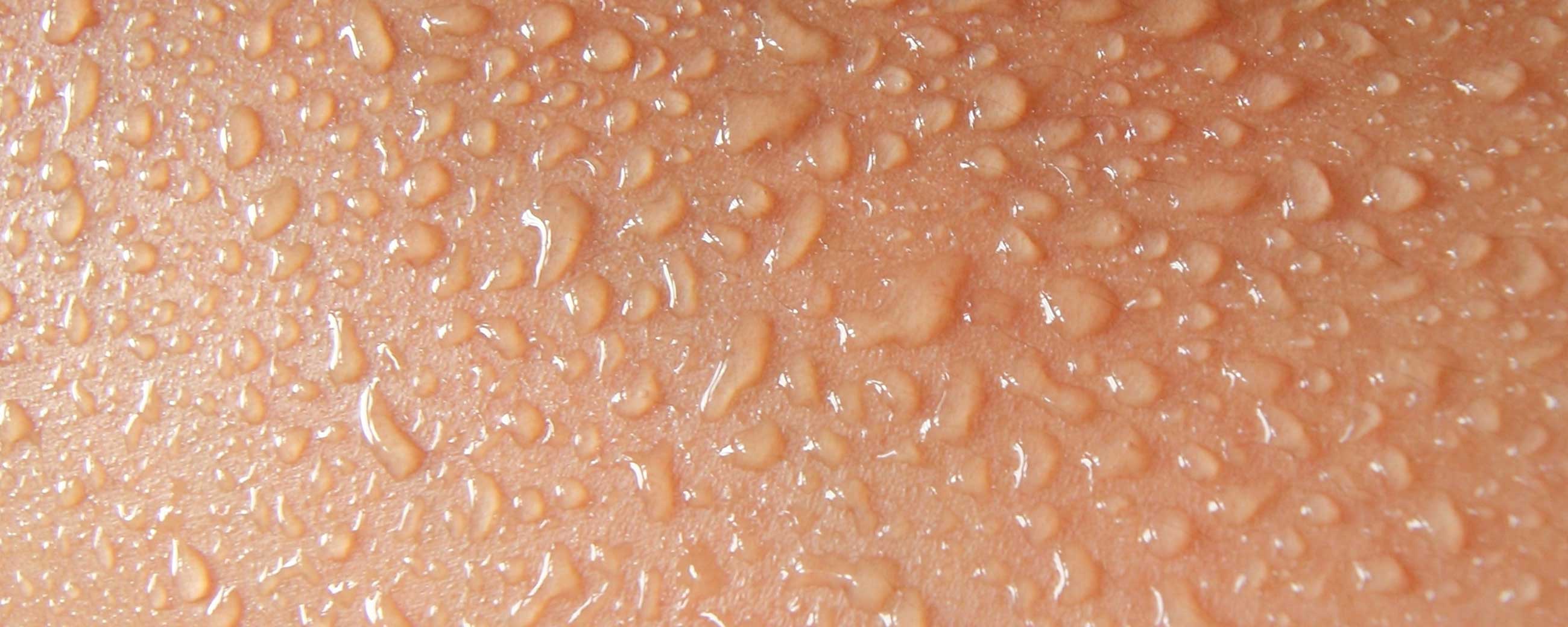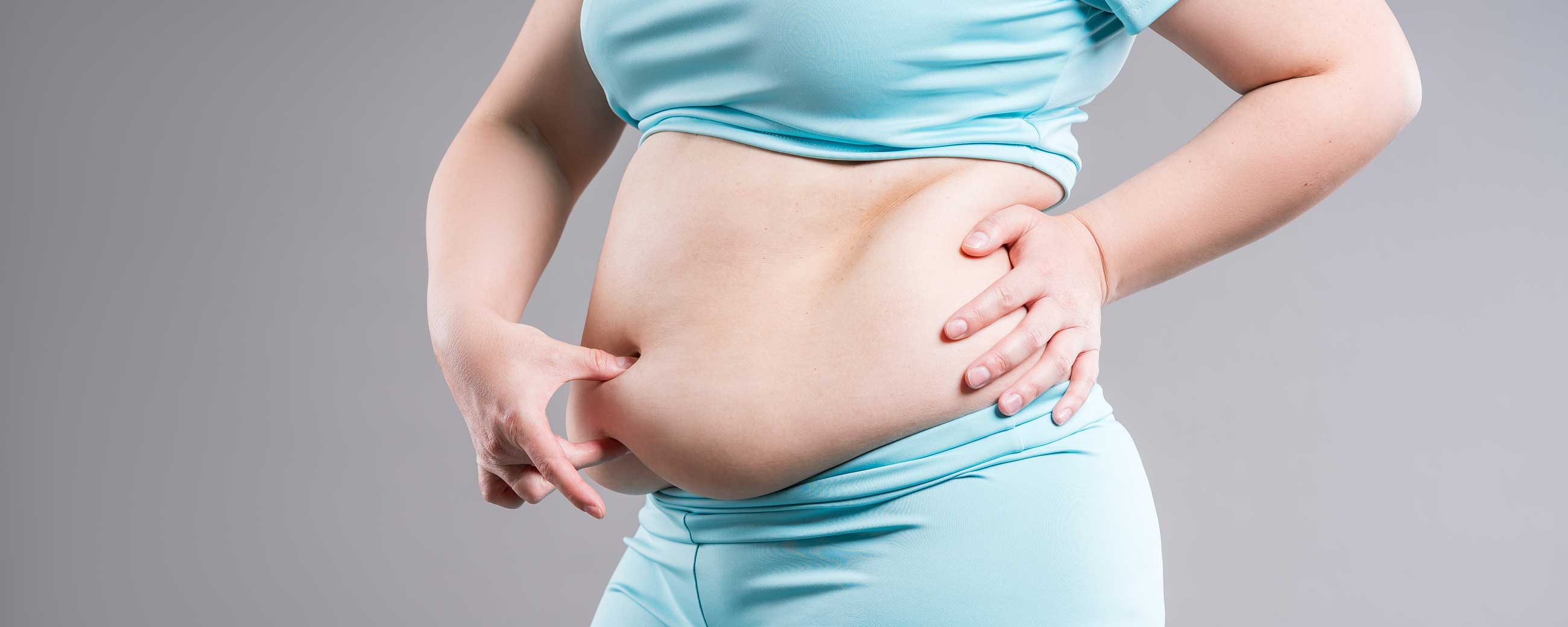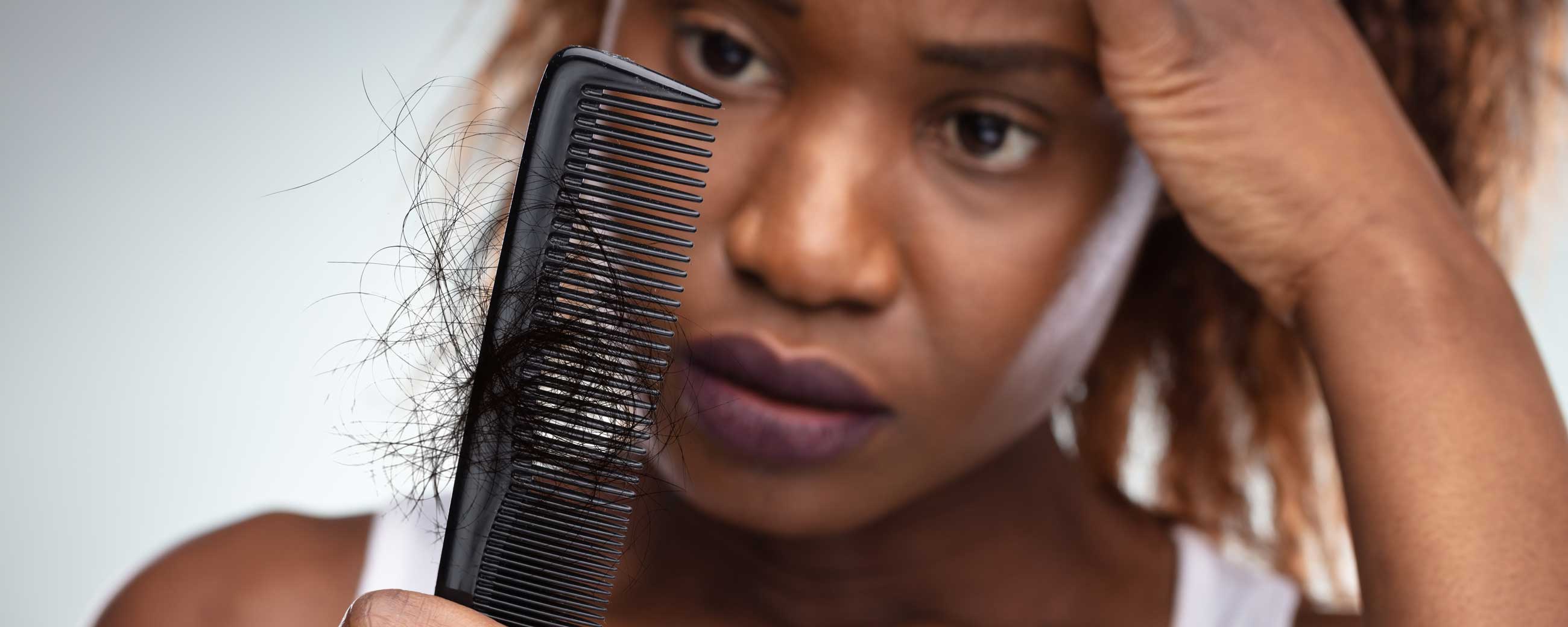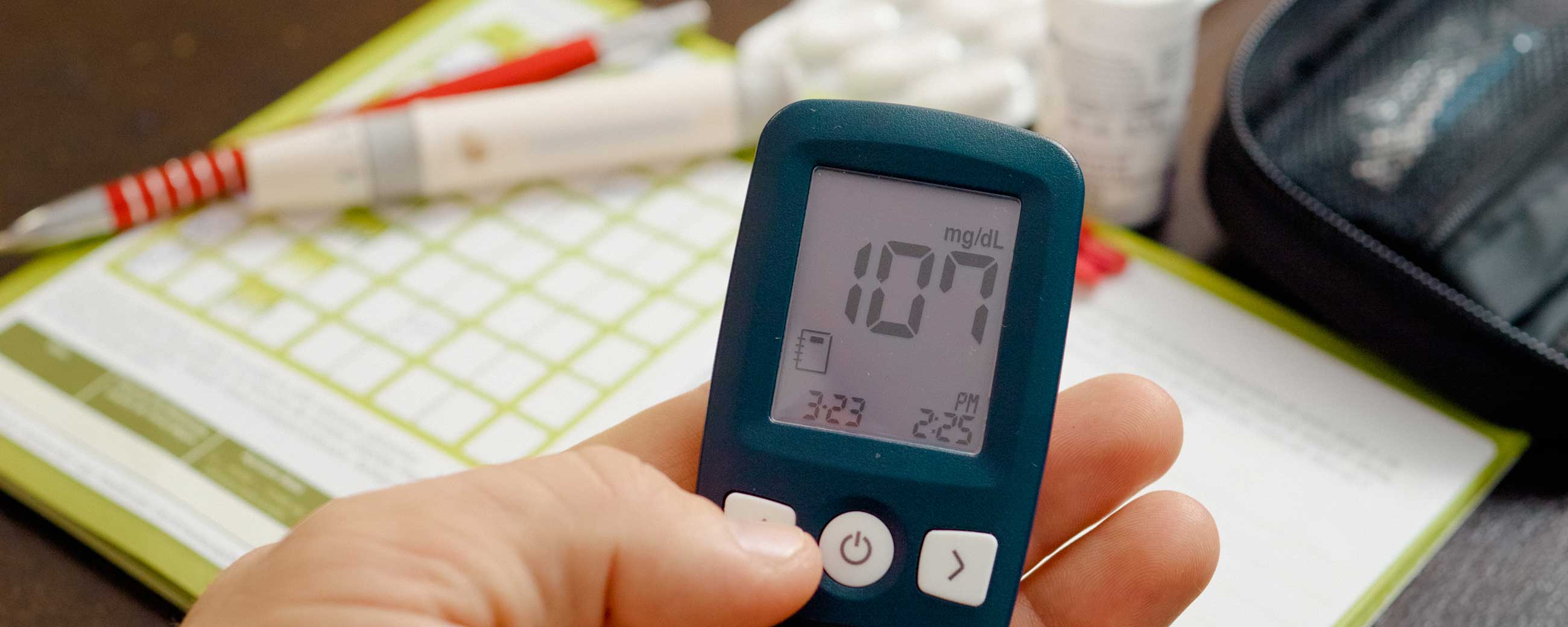
Can You Have Too Many Electrolytes?

With the popularity of electrolyte waters, sports drinks and powders, it’s easy to wonder if you can have too much of a good thing. If you have type 2 diabetes or use a GLP-1 medication, staying hydrated is especially important because you may be at a higher risk for dehydration due to increased fluid loss or reduced appetite and food intake, which can alter electrolyte balance. That’s where understanding the role of electrolytes comes in.
At Virta Health, we help people with type 2 diabetes improve their health naturally through a personalized approach that includes a well-formulated ketogenic diet and one-on-one health coaching. This combination not only supports blood sugar management, but also helps address key factors like hydration and electrolyte balance, giving you the tools to feel your best, every step of the way.
What Are Electrolytes and Why Do We Need Them?
Electrolytes are minerals that have an electric charge when dissolved in water or bodily fluids. You need electrolytes in your body to:
- Balance your body’s pH level
- Bring nutrients to your cells
- Remove waste from your cells
- Maintain healthy blood pressure
- Support healthy bones and muscle function
- Stay hydrated
- Have healthy nerve and muscle function
- Maintain a healthy heart rhythm and rate
You can get electrolytes from the foods you eat and the beverages you drink. Types of electrolytes include:
- Bicarbonate
- Calcium
- Chloride
- Magnesium
- Phosphate
- Potassium
- Sodium
Can You Have Too Many Electrolytes?
You may develop an electrolyte imbalance if you have too many or too few electrolytes in your body. The following conditions can increase your chances of having an electrolyte imbalance:
- Dehydration from not drinking enough fluids or from excessive sweating, diarrhea, vomiting or fever
- Cancer
- Kidney disease
- Liver disease
- Substance use disorder
- Cardiovascular disease like high blood pressure or heart failure
- Overhydration from drinking too much water
- Eating disorders
- Burns
Certain medications can also impact your electrolyte levels, including:
- Diuretics
- Laxatives
- Antibiotics
- Corticosteroids
- Chemotherapy drugs
Signs of an electrolyte imbalance include:
- Fatigue
- Headaches
- Constipation
- Diarrhea
- Nausea
- Vomiting
- Confusion
- Fast or irregular heart rate (arrhythmia)
- Muscle weakness, cramps or spasms
- Irritability
- Tingling or numbness in the fingers, toes, arms or legs
Benefits of Electrolytes: What They Can Help With
There are many benefits of getting enough electrolytes in your diet.
Do electrolytes give you energy?
Electrolytes can help support energy levels by turning nutrients from foods into energy and helping the body function at its best.
Do electrolytes help when sick?
If you’re dehydrated from vomiting, fever or diarrhea, electrolytes can help you rehydrate and feel better as you recover.
Do electrolytes help with constipation or make you poop[BR1] ?
Electrolytes (especially magnesium) can support healthy hydration in the body, which can aid digestion, making it easier to have regular bowel movements.
Do electrolytes help with weight loss?
While electrolytes don’t directly lead to weight loss, they can support your overall health and help your body effectively use nutrients from what you eat, giving you more energy to stay active.
How Many Electrolyte Drinks Per Day Is Safe?
Can you have too many electrolytes? It’s possible to overdo it, especially with sports drinks and electrolyte supplements. Consuming too many electrolytes can be hard on your kidneys and hormones.
On a daily basis, you likely don’t need a special electrolyte drink or supplement unless your healthcare provider tells you otherwise. Drinking water and eating electrolyte-containing foods can help you stay naturally hydrated (more on that below).
However, it can be a good idea to opt for an electrolyte drink if:
- You’re dehydrated from an illness with symptoms like vomiting, diarrhea or high fever.
- You’ve just finished a long, intense, sweaty workout.
- You’ve been outside on a hot day and have sweated a lot.
- If you’re following a ketogenic diet, your body may lose more sodium through urine. Talk to your coach or provider about whether you may need added sodium or electrolytes to feel your best
If you do drink an electrolyte drink, stick to no more than one or two per day, unless directed otherwise.
Otherwise, aim to get your electrolytes through naturally occurring sources like the foods listed below.
Electrolyte Products: What to Know
Now you’re probably wondering, what is the best electrolyte drink for people with diabetes? If you have diabetes and want to try an electrolyte supplement or drink, first check with your primary care provider or endocrinologist. If they give you the OK, opt for electrolyte drinks without sugar.”
If you have diabetes and want to try an electrolyte supplement or drink, look for low- or no-sugar options with clear labeling of sodium, potassium, and magnesium content. Avoid products with added sugars or high-fructose corn syrup, which can impact blood sugar. As always, check with your care provider before starting any new supplement.”
Natural Ways to Get Electrolytes
You can get the electrolytes your body needs through the foods you eat. Foods with electrolytes include:
- Veggies, especially leafy greens
- Seaweed
- Fatty fish
- Dairy products
- Beans
- Olives
- Pickle juice
- Coconut water
- Bone broth
- Nuts and seeds
Dark chocolate and fruit also contain electrolytes, but it’s important to watch your daily intake if you have type 2 diabetes.
The Takeaway
Having a healthy electrolyte balance can keep your body functioning smoothly. If you have questions about electrolytes, talk to your healthcare provider.
If you are diagnosed with type 2 diabetes and want to live a healthier lifestyle, Virta Health may be able to help. By making healthy lifestyle changes in a medical setting with supportive resources like 1:1 virtual coaching, you can regain control of your health and feel like yourself again. See if you’re eligible for Virta Health here.
This blog is intended for informational purposes only and is not meant to be a substitute for professional medical advice, diagnosis, or treatment. Always seek the advice of your physician or other qualified health provider with any questions you may have regarding a medical condition or any advice relating to your health. View full disclaimer
Are you living with type 2 diabetes, prediabetes, or unwanted weight?








